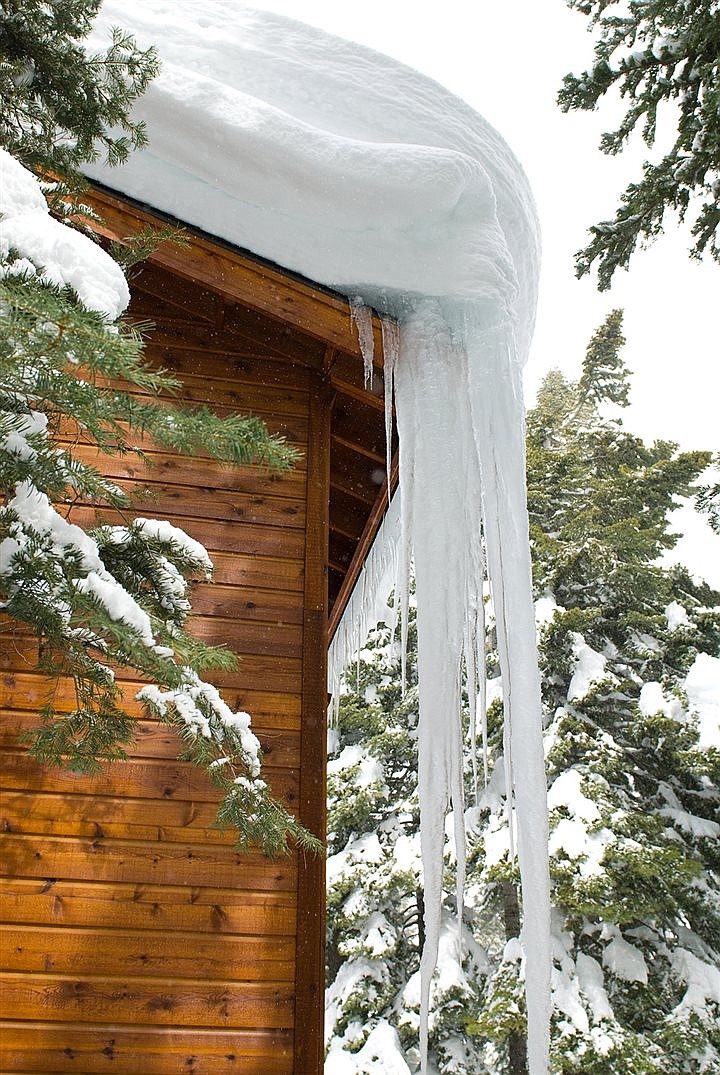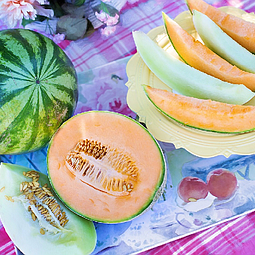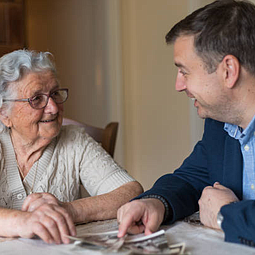Home safety tips for a safe and happy winter season
December 26, 2014 at 12:00 p.m.
(BPT) - Freezing temperatures and snowfall are in store for much of the country this winter and that means homeowners need to take steps to ensure that their loved-ones and property stay safe and warm through the long, cold months ahead.
The western part of the U.S. should stay warm, while a cooler and wetter-than-average winter is likely across the southern tier of the nation, according to forecasts from the Climate Prediction Center. The winter shouldn't be as nasty as last year because the persistent, large-scale atmospheric climate patterns that caused the cold last winter are "really unlikely to form," says Mike Halpert, acting director of the prediction center in College Park, Maryland.
“Chimney fires, frozen pipes, ice dams, and water are destructive enemies,” says Matt Hunter, loss prevention leader at Fireman’s Fund Insurance Company. “Take time now to do the important things that protect your property.” A few precautions can help protect you from serious losses and disruptions this season.
Chimney and furnace fires
While fire presents a year-round risk, certain causes of fire occur more frequently during the winter. Chimneys, boilers and furnaces pose particularly high risks. Approximately 25,000 residential fires begin in a fireplace or chimney every year, according to the Consumer Product Safety Commission.
These fires are caused by a layer of unburned carbon-based residues (sometimes referred to as fireplace creosote) that builds up along the inside walls of your chimney and can eventually catch fire. The solution is to have a trusted, certified professional chimney sweep inspect your chimney annually and have it cleaned as necessary.
A chimney and flue system is a complicated mechanical system that requires regular inspections, just as HVAC, plumbing, and electrical systems do,” says Hunter. “The only way to know if you have a problem with your chimney is to have it inspected regularly.”
Indoor floods
While home fires make headlines, water damage is also common and often just as severe. The most frequent cause is faulty or broken pipes. In fact, Fireman’s Fund Personal Risk Consultants see a surge in water damage during the first three months of the year, when pipes are most likely to freeze and burst. Be sure to insulate exposed pipes.
If you leave your home to spend time in warmer climates or even just a weekend on the ski slopes, always leave the heat on in your home and set the thermostat to at least 55 degrees. Don’t let high fuel prices tempt you into going lower. The pipes that come in through your foundation or run through external walls can reach temperatures much lower than the setting on your thermostat so have someone check on your home while you are away.
A foolproof way to protect your home from broken or leaking pipes at any time of year is to install an automatic water shutoff system. Attached to your home’s main water supply line, these devices detect leaks as they happen and automatically shut-off the water to the home, thereby preventing further ongoing damage. Additionally, these devices can be integrated into a home’s security or smart-house system to provide real-time notification when the shut-off valve has activated. Fireman’s Fund Insurance Company offers premium credits in most states for the installation of a leak detection/shutoff system.
Backup generators
Power outages can cause many problems from food spoilage to basement flooding. Install back-up generators to power all of your home’s critical systems including sump pumps, security and fire alarm systems, and heating systems.
Ice dams and old trees
Snow and ice storms can create a number of potential threats to your home. One of these is ice damming, which occurs in the days after a snowstorm.
Icicles hanging from your eaves, while they may be beautiful, usually indicate that a dangerous ice dam has formed. An ice dam is a build-up of ice that can form at the edge of your roof when snow melts but is blocked from draining. When more snow melts and is trapped behind this ice, the resulting water backup can soak through your roof and cause damage to ceilings, walls and more. The most common causes of ice dams are clogged gutters and insufficient insulation, both of which are easy to remedy.
Mature trees on your property represent another potential hazard during storms. Strong winds or frozen water that covers old branches with a heavy coat of ice can lead to failure and collapse, a clear threat to your home or other nearby structures. Have a trusted horticultural expert take a look at your property’s mature trees and prune or cut down unstable specimens.
Follow this checklist to make sure your home is properly winterized:
Consider installing an automatic water shutoff device.
Prevent frozen pipe bursts by insulating exposed pipes.
Have your furnaces and chimneys inspected annually and cleaned as necessary.
Install backup generators for critical systems in the home.
Inventory your personal contents.
Remove stored items and clutter from your furnace room.
Set your thermostat to no lower than 55 degrees when you leave your house.
Have your roof gutters cleaned and inspected.
Replace insulation if necessary.
Keep art and collectables a safe distance from heat sources (fireplace, heat vents, etc.).
Have mature trees inspected and maintained.
Have salt/sand on hand for icy sidewalks and driveways.





